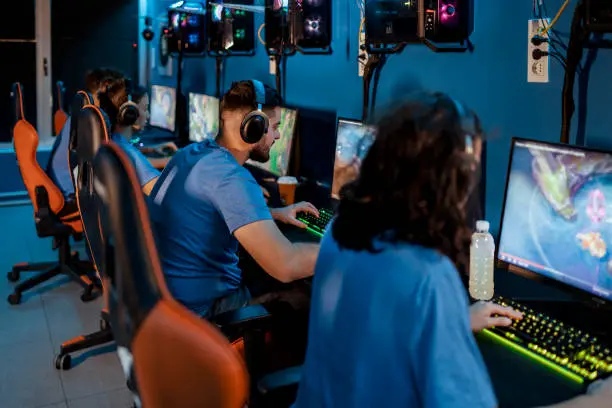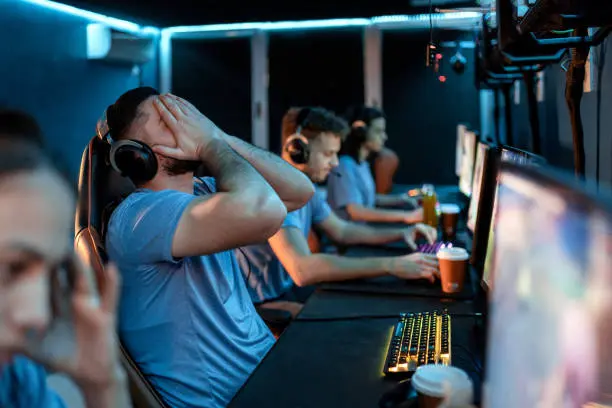
Gaming Addiction Intervention: A Guide to Supporting Recovery
- Admin
When someone struggles with gaming addiction, intervention can be a crucial step towards recovery. Interventions provide an opportunity for loved ones to express concern, offer support, and encourage the individual to seek help. In this article, we'll explore the importance of gaming addiction intervention, how to plan and execute an intervention effectively, and the role of professional assistance in supporting recovery.
1. Understanding Gaming Addiction:
Before staging an intervention, it's essential to understand gaming addiction and its impact on individuals' lives. Gaming addiction, also known as gaming disorder, is characterized by excessive and compulsive gaming behavior that leads to significant impairment or distress. Understanding the signs, symptoms, and consequences of gaming addiction is the first step towards effective intervention.
2. Planning the Intervention:
Planning an intervention involves gathering a supportive team of friends, family members, and professionals who are committed to helping the individual overcome addiction. Choose a time and place where the individual feels comfortable and safe, and prepare what you want to say in a non-confrontational and empathetic manner. Outline specific examples of how gaming addiction has affected the individual's life and express concern for their well-being.
3. Expressing Concern and Offering Support:
During the intervention, each member of the team should express their concern for the individual's well-being and offer support and encouragement for seeking help. Avoid blaming or shaming the individual and instead focus on expressing love, empathy, and a genuine desire to see them recover. Provide information about available resources and treatment options for gaming addiction.
4. Encouraging Professional Assistance:
Encouraging the individual to seek professional assistance is a crucial aspect of intervention. Therapists, counselors, and support groups specializing in addiction treatment can provide valuable guidance, support, and interventions for gaming addiction. Offer to assist the individual in finding and accessing appropriate treatment options and support services.
5. Following Up and Providing Continued Support:
Following the intervention, it's essential to continue offering support and encouragement to the individual as they navigate the recovery process. Check in regularly, offer assistance with scheduling appointments or attending support group meetings, and provide emotional support and encouragement along the way. Recovery from gaming addiction is a journey, and having a supportive network can make a significant difference in the individual's success.
Conclusion:
Gaming addiction intervention can be a powerful tool for supporting recovery and helping individuals overcome addiction. By understanding gaming addiction, planning and executing interventions effectively, expressing concern and offering support, encouraging professional assistance, and providing continued support throughout the recovery process, loved ones can play a vital role in helping individuals reclaim control over their lives and build a healthier relationship with gaming. If you're concerned about someone struggling with gaming addiction, consider staging an intervention to offer support and encouragement on their journey to recovery.
